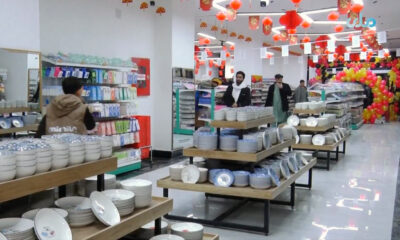Latest News
IEA government renames Afghan army corps

In a major overhaul on Sunday, the Islamic Emirate of Afghanistan (IEA) renamed all eight military corps.
According to a decree by acting defense minister Yaqoob Mujahid, the Special Operations Corps in Kabul has been renamed the Central Corps, and 209th Shaheen Corps will now be called Al-Fatah.
The 217th Pamir Corps in Kunduz has been renamed as Omari Corps, the 205th Atal Corps in Kandahar as Al-Badr and 215th Maiwand in Helmand as Azm.
Yaqoob, who is the son of Mullah Omar, the late founding leader of the IEA, also changed the name of 201st Sailab Corps to Khalid Ibn Waleed, the 203rd Thunder Corps in Paktia to Mansouri and the 207th Zafar Corps in Herat to Al-Farooq.
Also on Sunday, the IEA appointed 43 of its members to key roles including provincial governors and police chiefs.
The IEA released the list of its members’ new roles, including Qari Baryal to serve as governor of Kabul and Wali Jan Hamza as the city’s police chief.
The previous commander in charge of Kabul’s security, Mawlawi Hamdullah Mukhlis, was killed this month in an attack on Afghanistan’s largest military hospital in the city center.
Latest News
Afghan student found dead in India

The body of an Afghan student was discovered late Saturday night in his apartment in Gujarat state, India.
The student, Bainullah Ziya, 34, was studying for a PhD at the Department of Architecture at MS University and was living in a residential apartment in the Fatehgunj area, Vadodara city, Times of India reported.
Indian police said the body has been sent for post-mortem examination. Officials suspect suicide, but the reasons behind the alleged act are still unknown.
Sayajigunj police said they are also examining Ziya’s mobile phone to gather clues about the incident.
Friends of Ziya said they had knocked on his apartment door on Saturday but received no response. When the police opened the door, they found his body lying inside the room.
Ziya had been living in Vadodara for the past two years while pursuing his studies in architecture.
Local authorities said the investigation into the exact cause of death is ongoing, and final results will be shared after completion of the legal process.
Latest News
IEA’s Supreme Leader issues decree on jurisdiction of specialized court for usurped lands
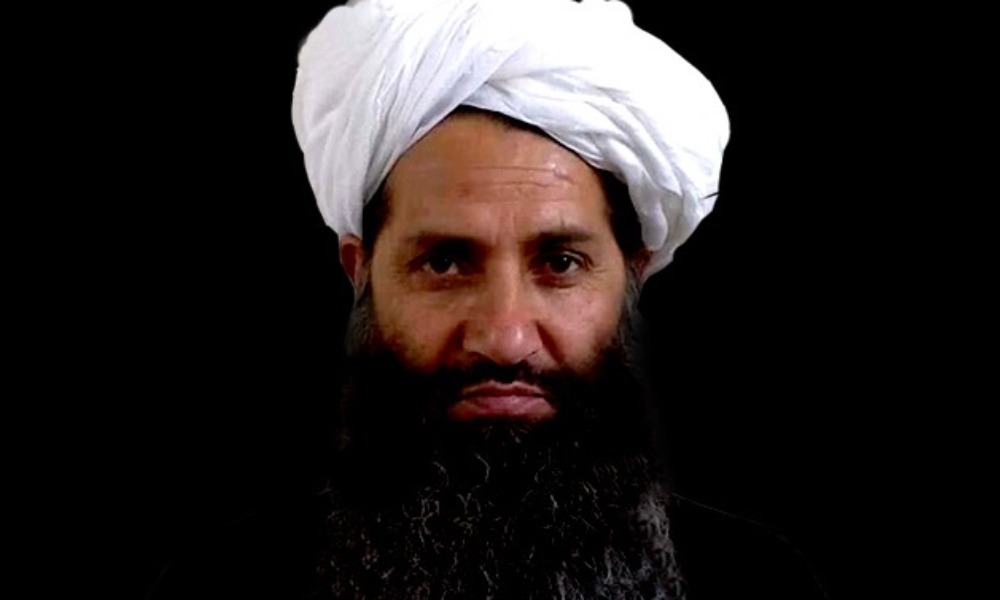
The Supreme Leader of the Islamic Emirate of Afghanistan (IEA) has issued a decree clarifying the exclusive jurisdiction of the specialized court for usurped lands.
The decree emphasizes that no other government ministries or departments are authorized to handle cases related to usurped lands.
According to Article One of the decree, all matters involving usurped lands, public grazing lands, and waqf lands (charitable endowment land) fall solely under the specialized court’s authority. Other government departments are explicitly barred from intervening in such cases.
Article Two outlines the procedure for citizens who have complaints regarding the Commission for the Prevention of Land Usurpation and Recovery, or the technical committees responsible for identifying and verifying usurped lands. Individuals may submit their complaints in writing directly to the specialized court for resolution.
The decree also prohibits ministries and other government departments from receiving complaints or requesting information from the Commission or provincial technical committees. Any attempts by these departments to intervene after the decree’s issuance will be considered unauthorized.
Latest News
KP chief minister questions Pakistan’s claims of militants operating from Afghanistan
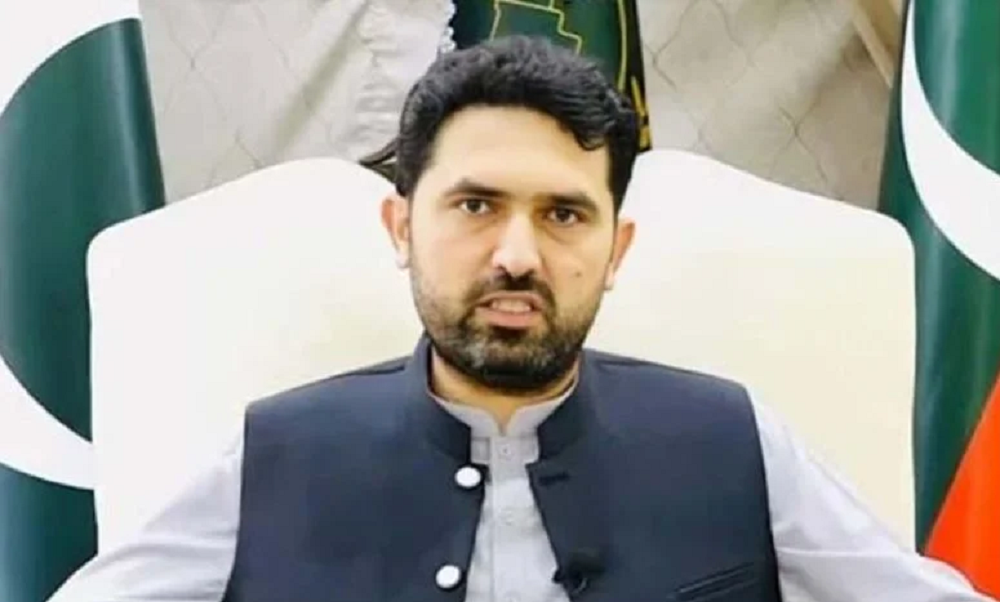
Khyber Pakhtunkhwa Chief Minister Sohail Afridi has questioned the Pakistani government’s claim that militants are using Afghan soil to carry out attacks against Pakistan, calling for evidence to support the allegation.
Afridi said that if militants were indeed operating from Afghanistan, it was unclear why other neighboring countries of Afghanistan were not raising similar complaints. He argued that such claims should be backed by clear and verifiable proof.
The chief minister also pointed to the extensive resources spent on fencing the Durand Line, noting that authorities had repeatedly assured the public that the barrier would prevent militants from crossing into Pakistan.
His remarks come amid renewed tensions between Islamabad and Kabul, with Pakistan frequently accusing militant groups of launching attacks from across the border—allegations that Afghanistan’s authorities have repeatedly denied.
-
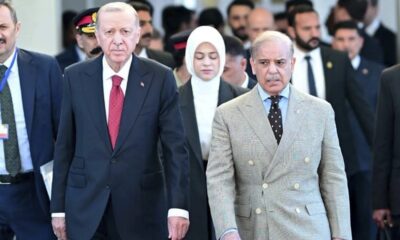
 Latest News5 days ago
Latest News5 days agoTurkey withdraws from Afghanistan-Pakistan mediation amid rising tensions
-
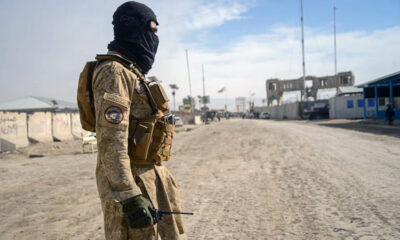
 Latest News3 days ago
Latest News3 days agoICG report says Pakistan most impacted by IEA’s return in Afghanistan
-

 Latest News5 days ago
Latest News5 days agoPakistan says diplomatic channels with Afghanistan open, seeks written assurances against terrorism
-

 Business5 days ago
Business5 days agoAir cargo seen as key to boosting Indo-Afghan trade via Amritsar airport
-
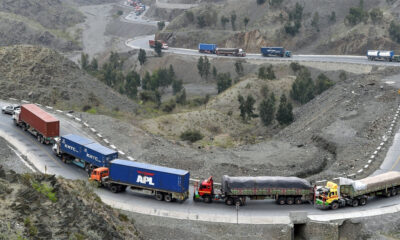
 Business4 days ago
Business4 days agoPakistan–Afghanistan bilateral trade plunges 53% in first half of fiscal year
-
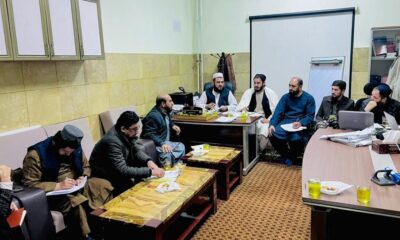
 Latest News3 days ago
Latest News3 days agoHealth Ministry holds meeting on halting medicine imports from Pakistan
-

 Sport5 days ago
Sport5 days agoAfghanistan climbs FIFA rankings ahead of AFC Futsal Asian Cup 2026
-
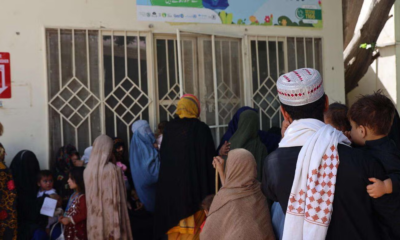
 Latest News5 days ago
Latest News5 days agoFear of deportation turns deadly for Afghan refugees in Pakistan


